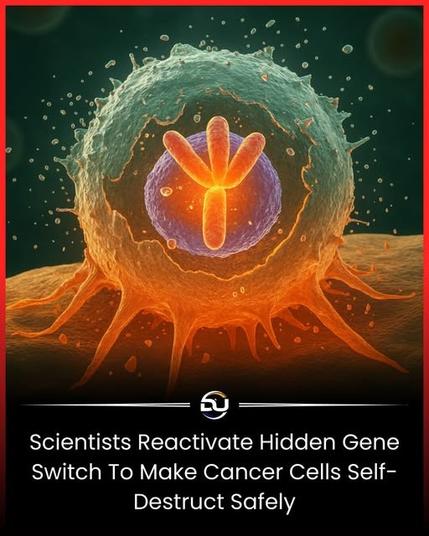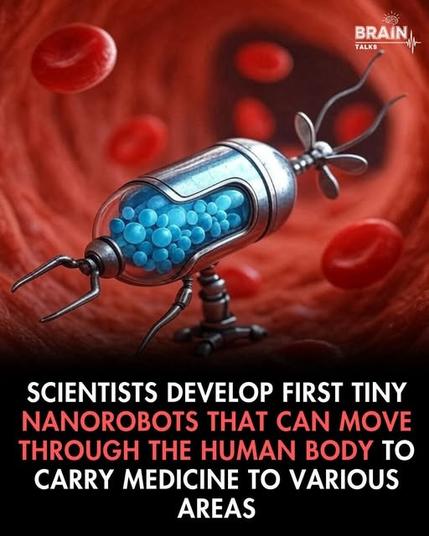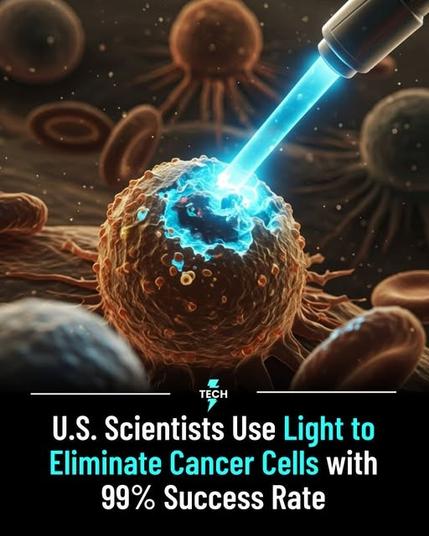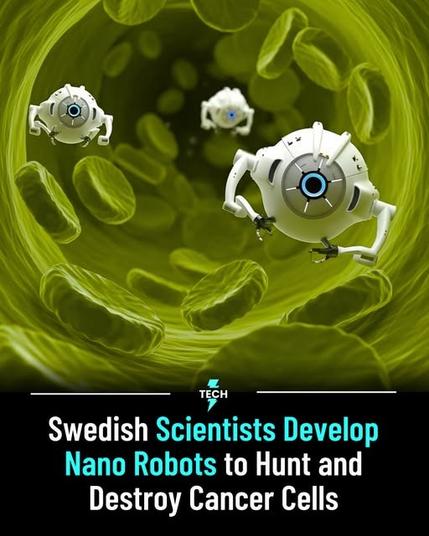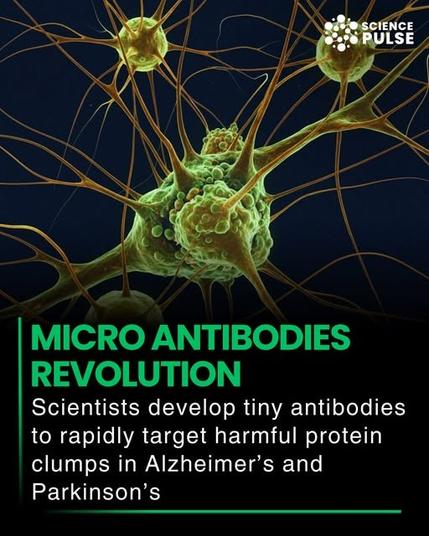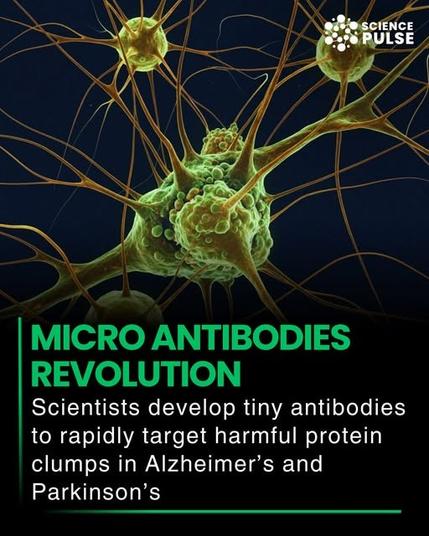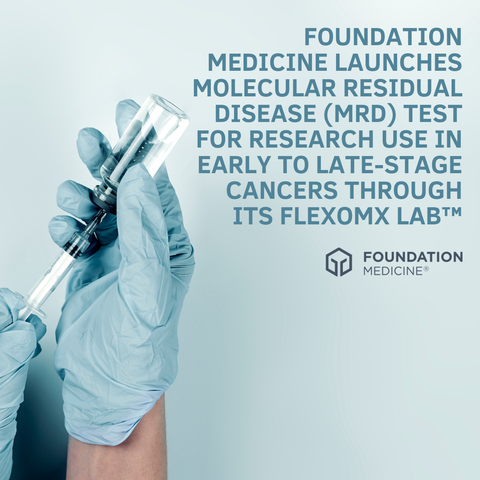Scientists Flip Gene Switch to Make Cancer Cells Self-Destruct
In a stunning breakthrough, scientists have discovered a way to make cancer cells destroy themselves, without harming healthy cells. By reactivating a hidden “gene switch” inside the cancer cell’s own DNA, researchers were able to trigger a built-in self-destruct mechanism that stops tumours in their tracks.
Normally, cancer cells override the body’s natural kill switch, allowing them to grow uncontrollably. But this new approach turns that switch back on, forcing the rogue cells to die while leaving surrounding healthy tissue untouched. Unlike chemotherapy or radiation, which can damage the entire body, this method is precise and far less toxic.
This discovery could pave the way for revolutionary cancer treatments that work with the body’s natural defences rather than against them. If successful in human trials, it could mean faster recovery times, fewer side effects, and a much higher chance of completely eliminating the disease.
For millions around the world living with cancer, this research represents something bigger than medicine, it is a glimpse of hope. Hope for treatments that are not only powerful but gentle, restoring health without sacrificing quality of life.
Core discovery & science
#MedicalBreakthrough #CancerResearch #Oncology #LifeSciences #FutureOfMedicine
Therapy & innovation
#GeneSwitch #SelfDestructCancer #PrecisionMedicine #TargetedTherapy #GeneticEngineering
Hope & impact
#HopeForPatients #InnovativeMedicine #NextGenHealthcare #CuttingEdgeScience #HealthTech
